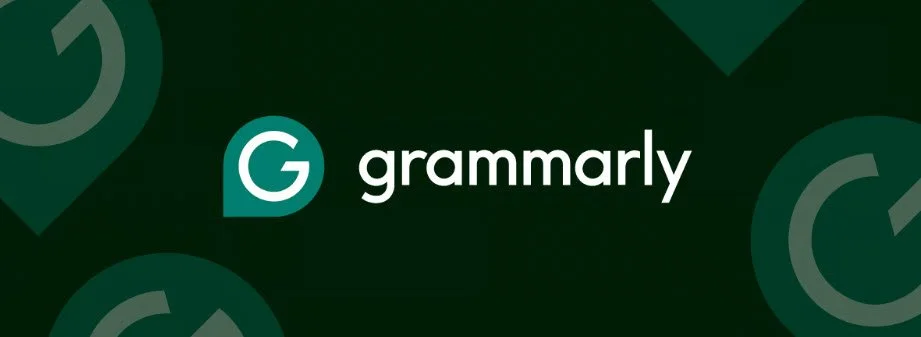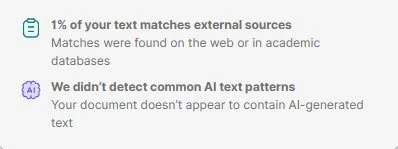When the Writing Tools Get It Wrong
I’ve used Grammarly Pro for years. It’s helpful for real-time grammar correction and clarity suggestions. I suspect AI-powered bots in content creation tools will make it obsolete soon enough, but for now, it still has value. It catches minor issues as I write, which saves time.
But once you go beyond grammar and into AI detection and plagiarism checks, Grammarly starts to fall apart.
message appearing in Grammarly
Here’s what happens:
Grammarly tells me the sentence is perfect.
The AI detector flags it as suspicious.
The plagiarism checker accuses me of stealing a passage from a blog I’ve never read.
Wait, what?
Here’s the problem: plagiarism checkers aren’t analyzing meaning—they’re matching strings of text. If a sentence happens to resemble something published elsewhere, it gets flagged. It doesn’t matter if you wrote it from scratch. The system doesn’t care. It’s not built to think—just to match and warn.
Here’s an example from a line I wrote in a novel:
“I paid the deposit and first month's rent...”
message appearing in Grammarly after a plagiarism check
But Grammarly’s plagiarism checker flagged it, claiming it matched an article on housing scams.
I hadn’t seen the article. And yet, the tool accused me of theft.
Who Are These Tools For?
Let’s be honest—writers don’t need a tool to tell them if they plagiarized.
They already know.
So who are these tools really for?
Editors looking for shortcuts
Clients trying to vet content
Educators checking for cheating
Publishers covering legal bases
But the people looking for writing oversight are not getting accurate information.
The tools flag clean writing and create more doubt than clarity.
They’re clumsy, overly confident, and built more to flag than to understand.
message appearing in Grammarly after a plagiarism check
These tools don’t exist to help writers. They exist to reassure middle managers and sell fear. They manufacture distrust and profit from the illusion of certainty.
And while all of that plays out in the background, writers are just trying to do their job.
So until you figure it out, Grammarly—stop wasting our time with features we don't need and didn’t ask for.
I just wanted help with commas. Not a false accusation.


